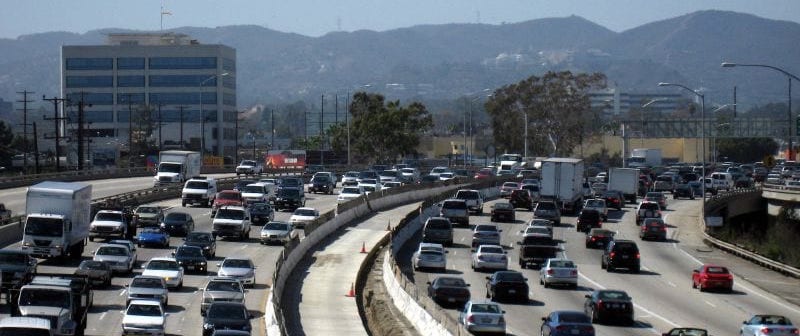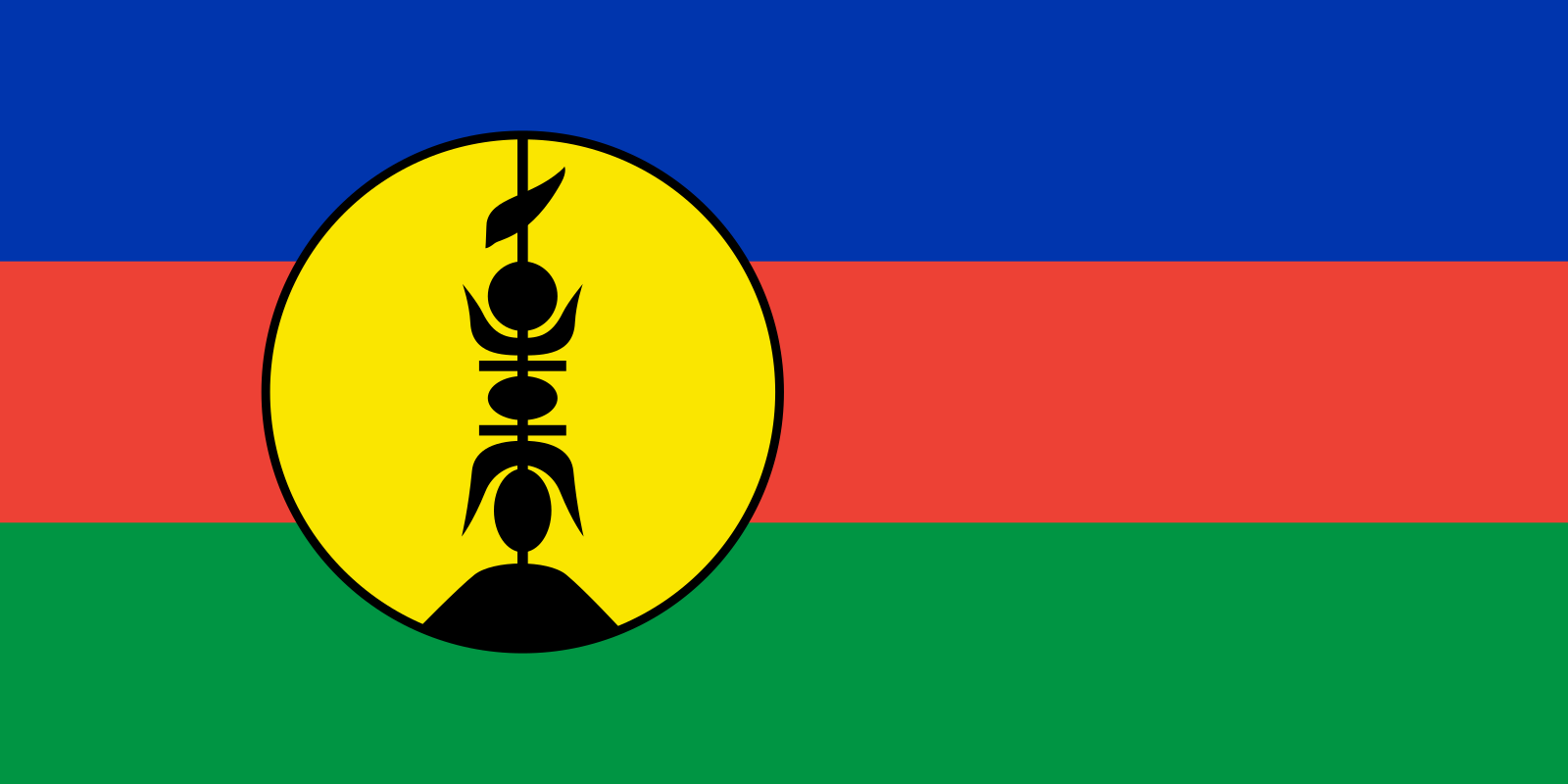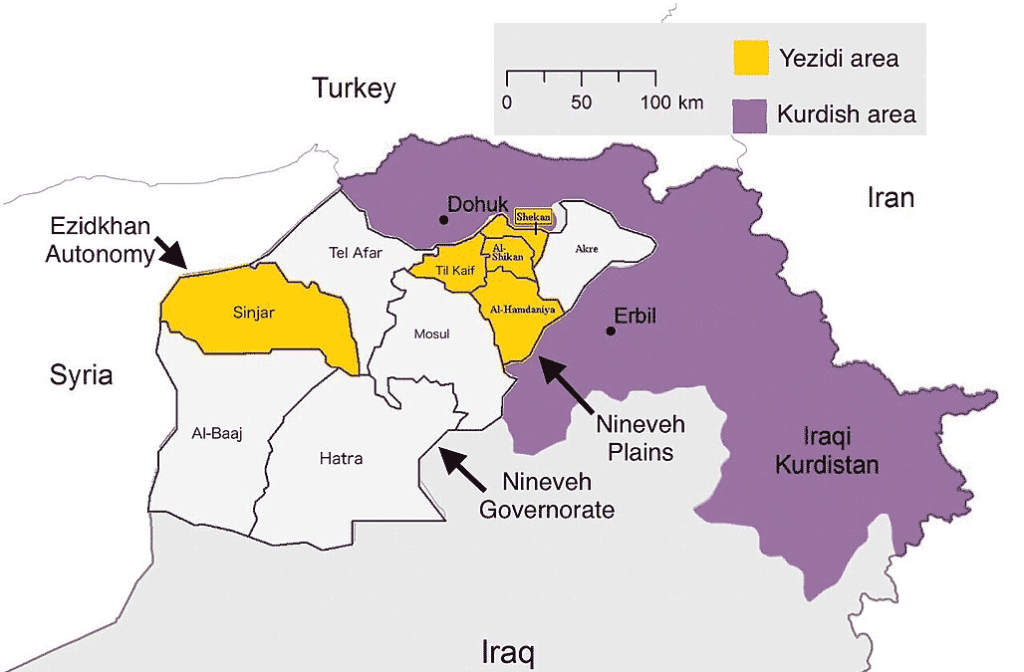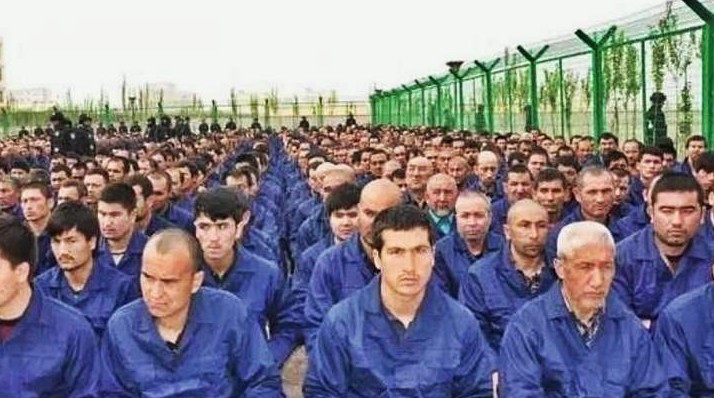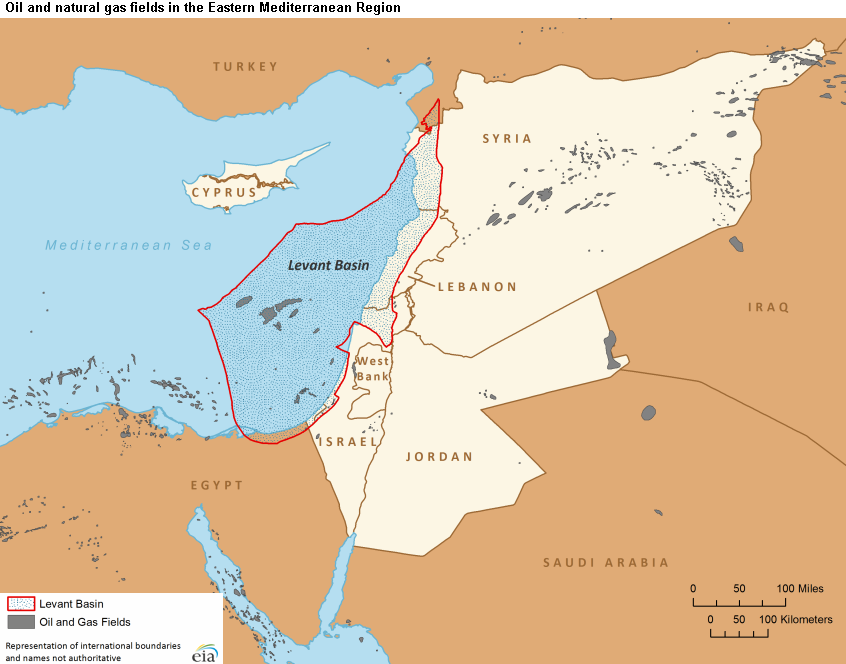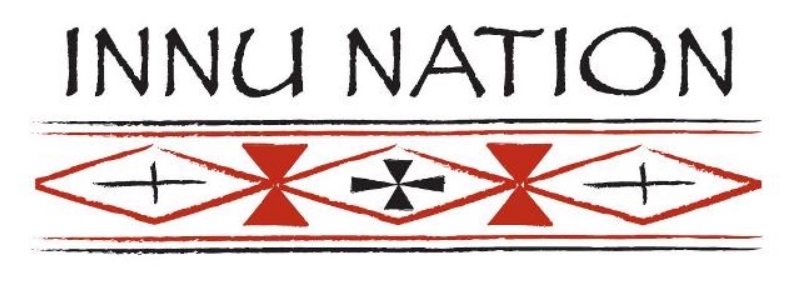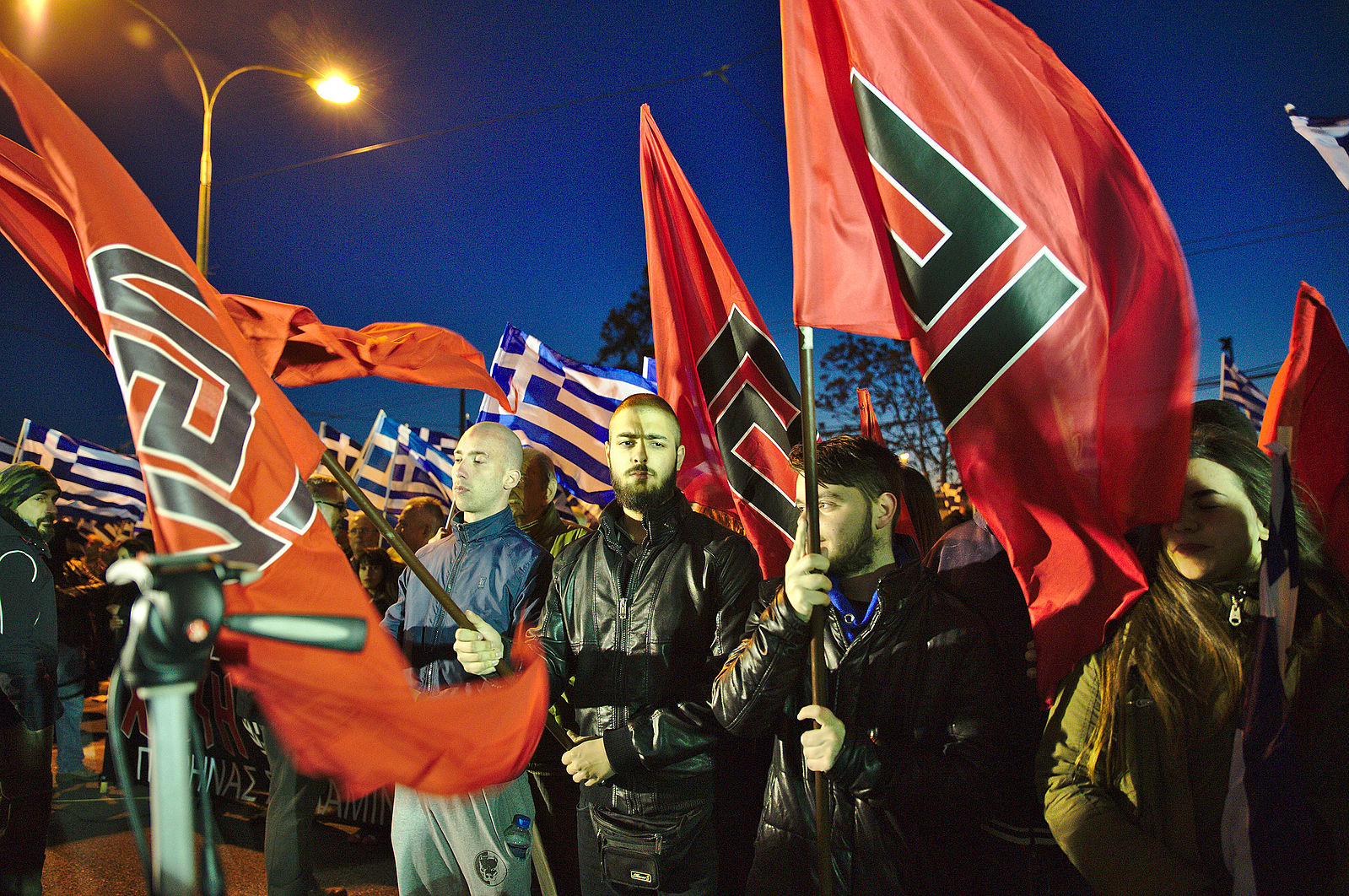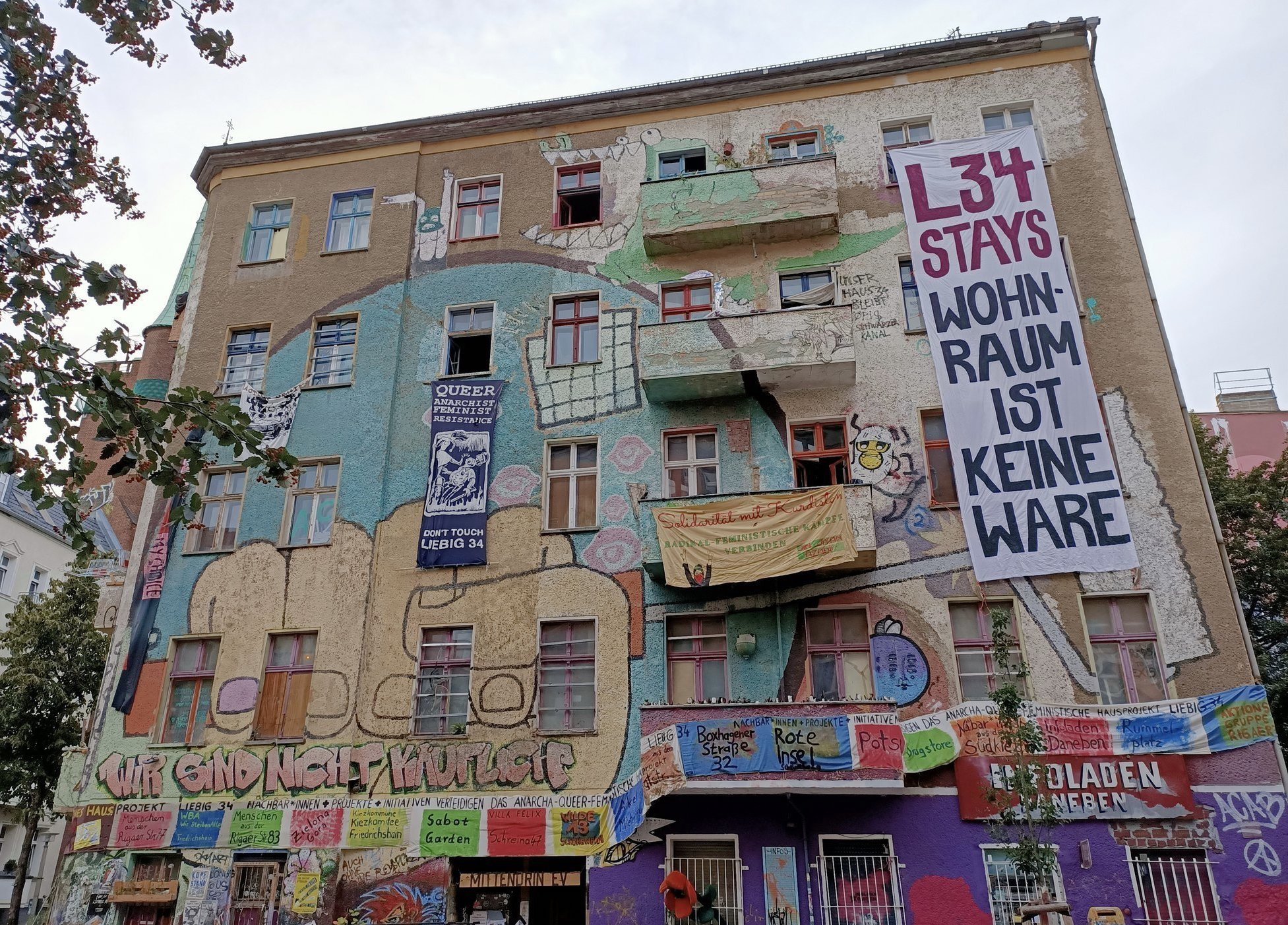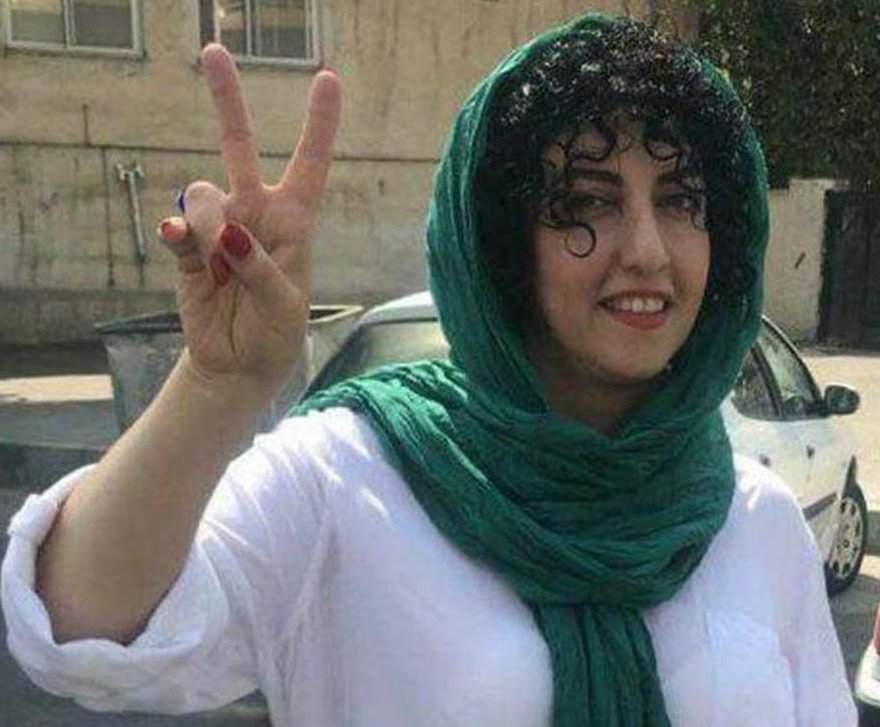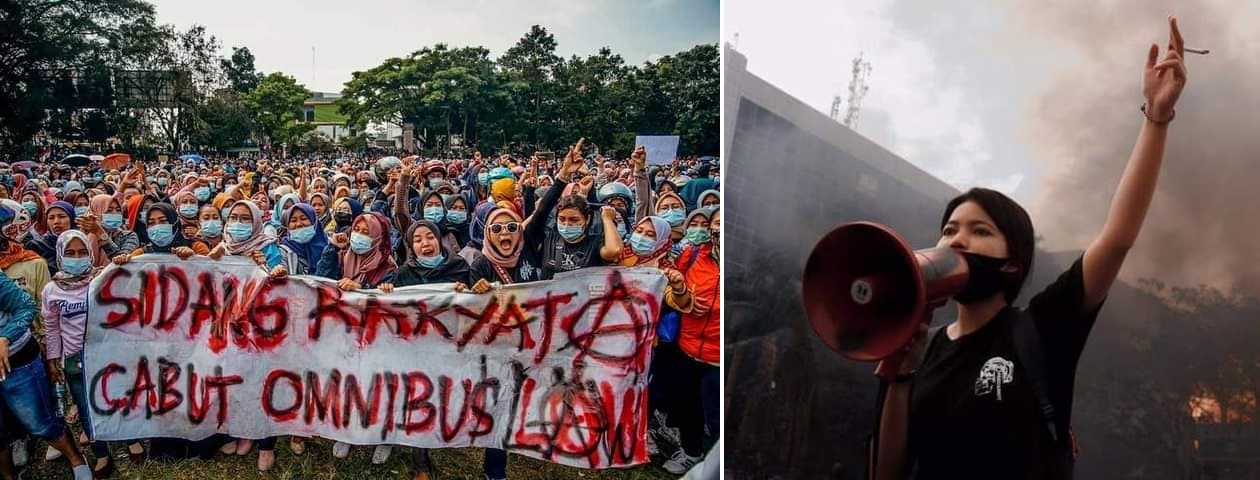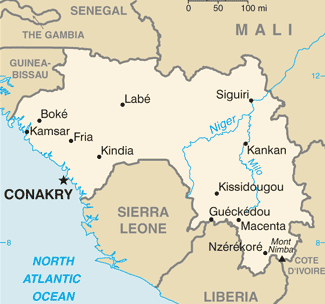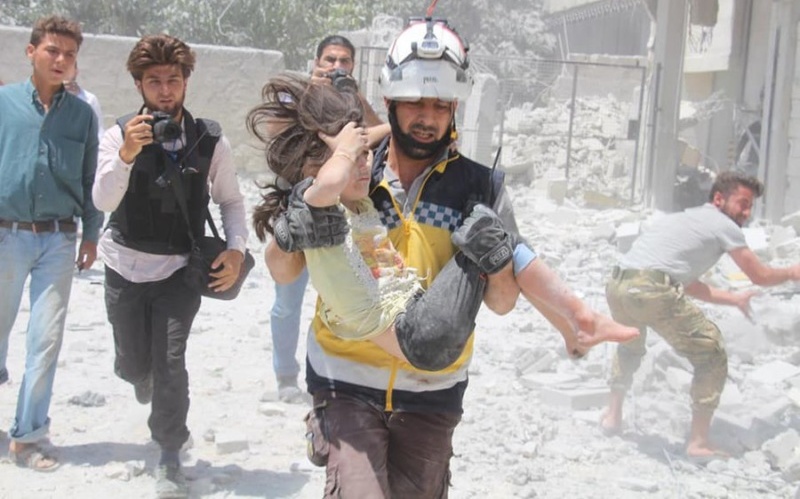
Russian-backed ‘crimes against humanity’ in Syria
Human Rights Watch condemned Russia and the Syrian government in a new report for launching at least 46 documented deadly attacks on civilians and civilian infrastructure in Syria’s northern Idlib province. The report reveals that the Russian-backed offensive targeted hospitals, schools, markets, and other essential facilities for over 11 months from April 2019. HRW contends that these attacks violated international humanitarian law and may constitute crimes against humanity. These numbers represent only a fraction of the attacks occurring in the region. Witnesses and local authorities say the documented attacks killed at least 224 civilians and wounded 561 others. In addition to harming civilians directly, the attacks have also adversely impacted public health, education, and the standard of living in Idlib by restricting access to food, water, and housing. Both the Assad regime and Russia exacerbated this crisis by blocking humanitarian aid to the region. (Photo via EA Worldview)



